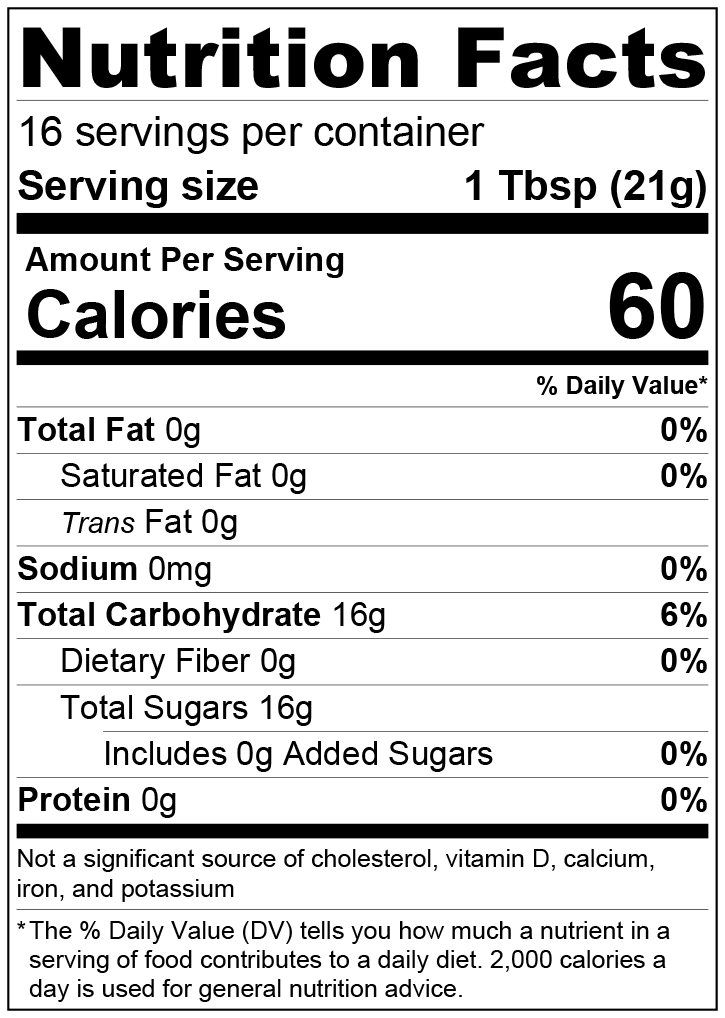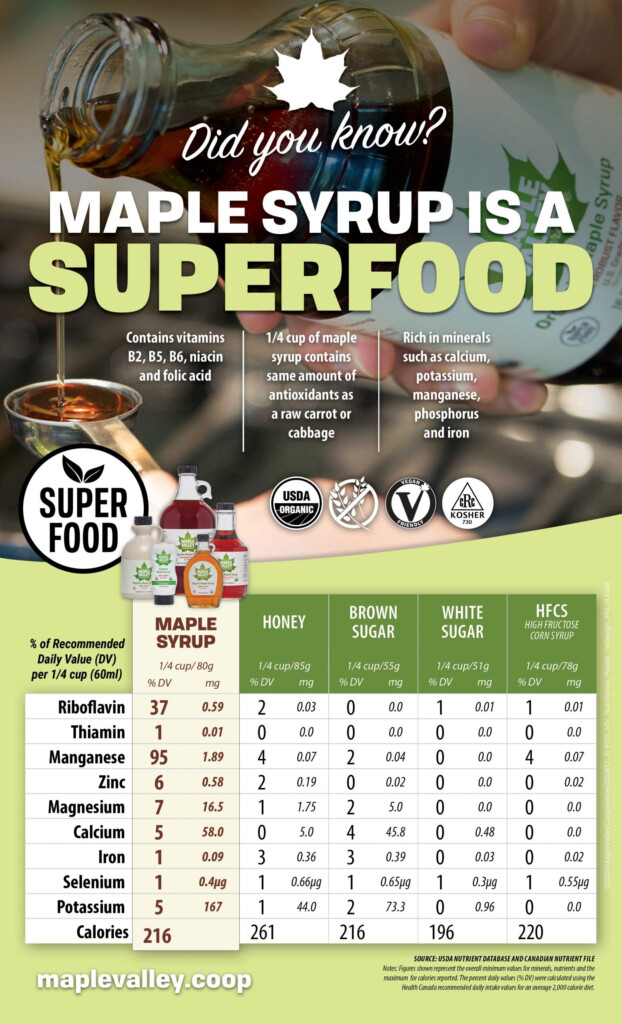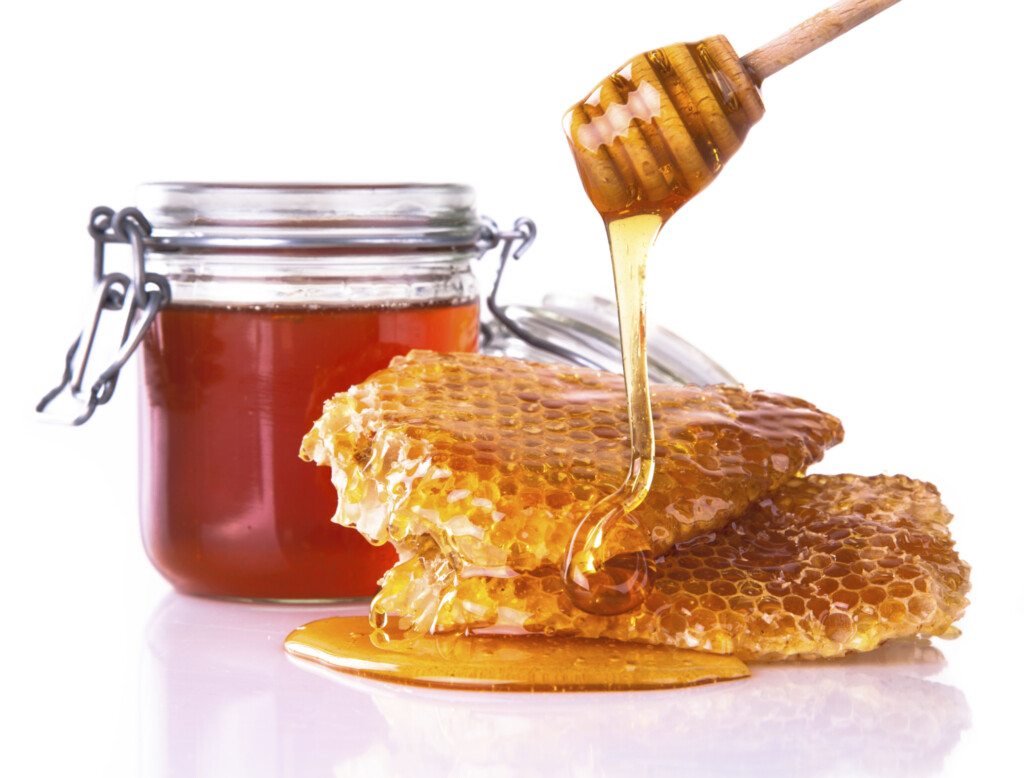Agave syrup, also known as agave nectar, is a sweetener that is derived from the agave plant, which is native to Mexico. It has become popular as a natural alternative to sugar due to its low glycemic index, making it a suitable option for those looking to manage their blood sugar levels. Agave syrup is commonly used in baking, cooking, and as a sweetener in beverages.
Agave syrup is produced by extracting the sap from the core of the agave plant, which is then filtered and heated to break down the complex sugars into fructose. The resulting syrup is sweeter than traditional sugar but has a milder taste, making it a versatile sweetener for a variety of dishes.
Agave Syrup Nutritional Information
Agave Syrup Nutritional Information
Agave syrup is primarily composed of fructose, which gives it its sweet flavor. One tablespoon of agave syrup contains approximately 60 calories and 16 grams of sugar, with very little fat, protein, or fiber. While agave syrup is lower on the glycemic index compared to traditional sugar, it is still important to consume it in moderation, as excessive consumption of fructose can have negative effects on health, such as increasing the risk of obesity, insulin resistance, and metabolic syndrome.
It is also worth noting that while agave syrup is marketed as a natural sweetener, the process of extracting and refining the sap can vary between manufacturers, leading to differences in the final product. Some agave syrups may undergo further processing, which can affect their nutritional content and overall health benefits. When choosing agave syrup, it is important to opt for organic, raw, or minimally processed varieties to ensure you are getting the most nutritional benefits.
How to Use Agave Syrup in Your Diet
Agave syrup can be used as a substitute for sugar in a variety of recipes, such as in baking, cooking, and as a sweetener in beverages. Due to its sweeter taste, you may need to adjust the amount of agave syrup used in a recipe to achieve the desired level of sweetness. Agave syrup can also be drizzled over yogurt, oatmeal, or fruit for a natural sweetener option.
When using agave syrup in your diet, it is important to remember that moderation is key. While agave syrup may be a better alternative to traditional sugar due to its lower glycemic index, it should still be consumed in moderation to avoid any negative health effects associated with excessive fructose consumption. Incorporating agave syrup into a balanced diet alongside whole fruits, vegetables, and whole grains can help you enjoy its sweet taste while maintaining a healthy lifestyle.
By providing accurate and relevant information about agave syrup’s nutritional content and how to incorporate it into a balanced diet, this article aims to help readers make informed choices about using agave syrup as a sweetener in their daily lives.
Download Agave Syrup Nutritional Information
Starbucks Vanilla Syrup Nutritional Information This Nutrition
Maple Syrup Nutritional Facts Poster Maple Valley Cooperative
Agave Syrup Nutritional Information Healthfully
Agave Syrup Nutritional Information Healthfully




